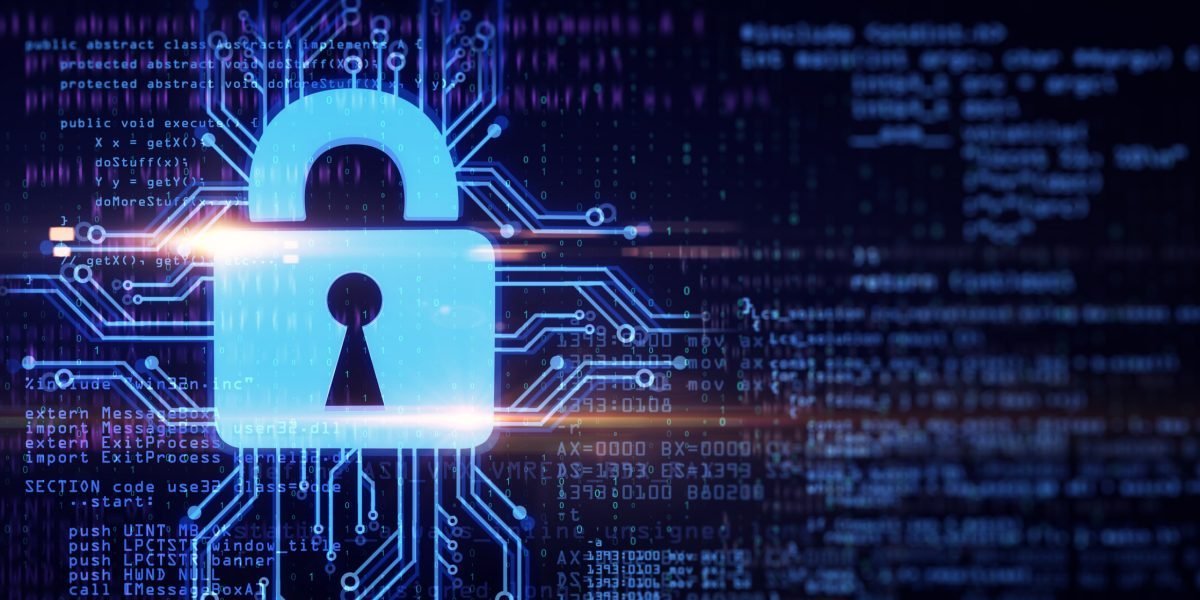The researcher expects that AI and Machine Learning have both negative and positive effects on future cybersecurity. Because Artificial Intelligence uses training data to learn how to respond to different situations and also, learn to copy and adding additional information.
Explore the Contents
Cybersecurity Faces Main Challenges
The main challenges of Cybersecurity mention here are that attacks are becoming more harmful in the face of advancements in cybersecurity.
Related: 7 Benefits of Artificial Intelligence for the Security of the Cloud in 2021
Geographically IT distant system
The geographically can make manual tracking of incidents consider very difficult. So, the expert of cybersecurity wants to control differences in infrastructure that monitor successfully incidents across regions.
Manual Threat Hunting
It can be more expensive and also, time-consuming that resulting in more noticed attacks. Manual cyber threat hunting base on the manual procedure in which security analysts explore data that base on their knowledge of systems and networks.
Reactive Cybersecurity Nature
You need reactive security that is exactly what it sounds likes. When the attack happens and your team member responds and reacts to the breach. The attack can be discovered and the attackers stave off the damage is evaluate and clean up. Therefore, this way is a standard way that we think about cybersecurity teams. The companies also, resolve these types of problems when they already happen. So, the predicting threat is a big challenge to security experts.
Related: How to start your career as a programmer in artificial intelligence?
Hackers and Change IP Addresses
The hackers use multiple ways such as VPN(Virtual Private Network), Proxy servers, browsers, etc. They also, use different operating systems like Kali Linux that help hackers stay anonymous and undetected.
AI and Cybersecurity
Cybersecurity is one of the different uses of AI and reports Norton show that the worldwide cost of typical data breach recovery is $3.86 million. The report also refers to the companies on average to recover any data breach. Therefore, the companies want to invest in AI to avoid waste of time and as well as financial losses. Machine Learning and Artificial Intelligence can also, recognize patterns in data to allow security systems that learn the past system. Hence, AI and Machine Learning decrease the incidents response times and security best practices.
AI Improves Cybersecurity
Threat Hunting
Manual security techniques use signatures and indicators of the agreement to recognize threats. Adopting this technique may be a good performance for previously come across threats. AI can recognize threat intelligence patterns in data to enable security systems that learn from previous experience. AI capable organization to decrease the incident response time with better security practices.
Vulnerability Management
Multiple companies are struggle to prioritize and also, manage the huge amount of extra vulnerabilities that they encounter on a regular basis. Manual vulnerability management way tends to wait for hackers to gain high-risk vulnerability. Manual vulnerability databases are very critical to manage and contain as vulnerabilities. AI techniques can analyze the behavior of user account, endpoint, and servers, identity the behavior that can be signal a zero-day unknown attack.
Data Center
AI can monitor and boast various basis data center processes. It can backup power, cooling filters, power consumption, internal temperatures, and also, bandwidth usage. AI can also, decrease the cost of hardware maintenance by alerting when you want to fix the equipment. This type of alert is capable you can repair your equipment before breaks.
Related: Where Artificial Intelligence is Headed in the Next Five Years
Network Security
Manual network security has two time-intensive aspects, that creating security policies and understanding the network topography.
Many organizations can leverage AI to improve network security by learning network traffic patterns and also, recommending both functional workloads and security policies.
Policy security can identify which network connections are legitimate. So, you should further securitize for bitter behavior. Anyone uses these policies to functionally impose a zero-trust model. This is a real challenge that lies in creating and maintaining the policies given the huge amount of network.



